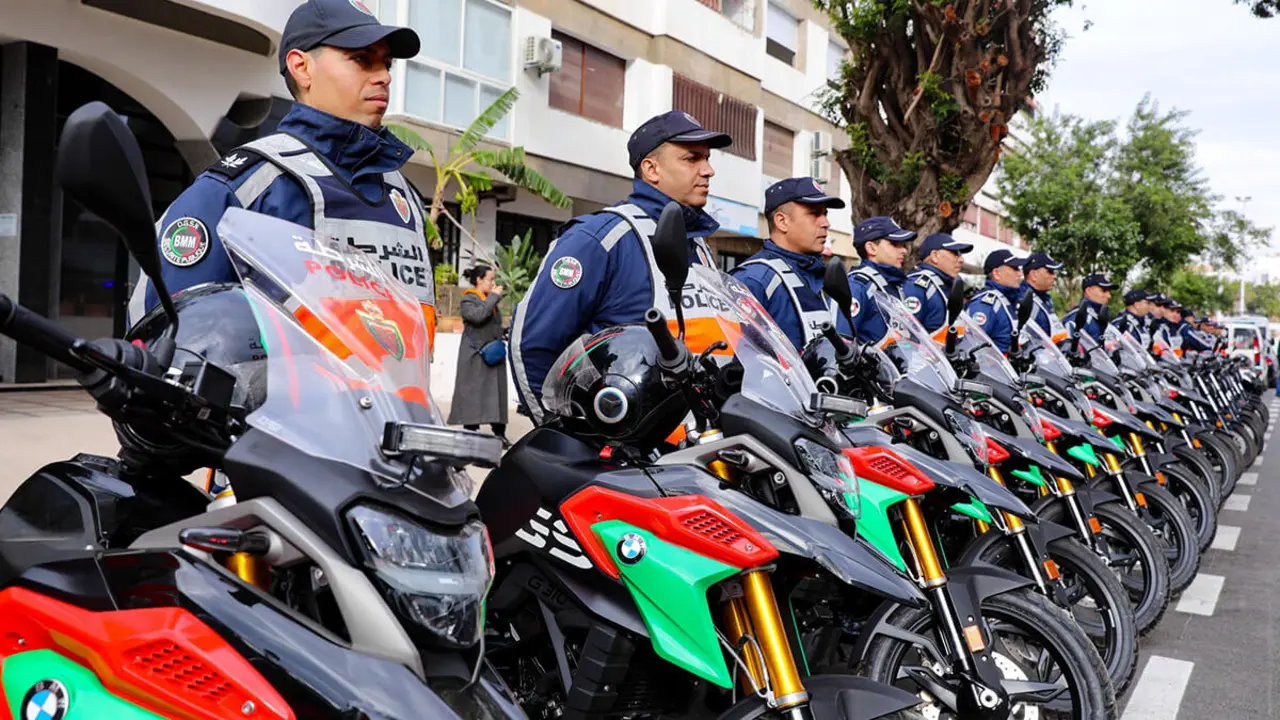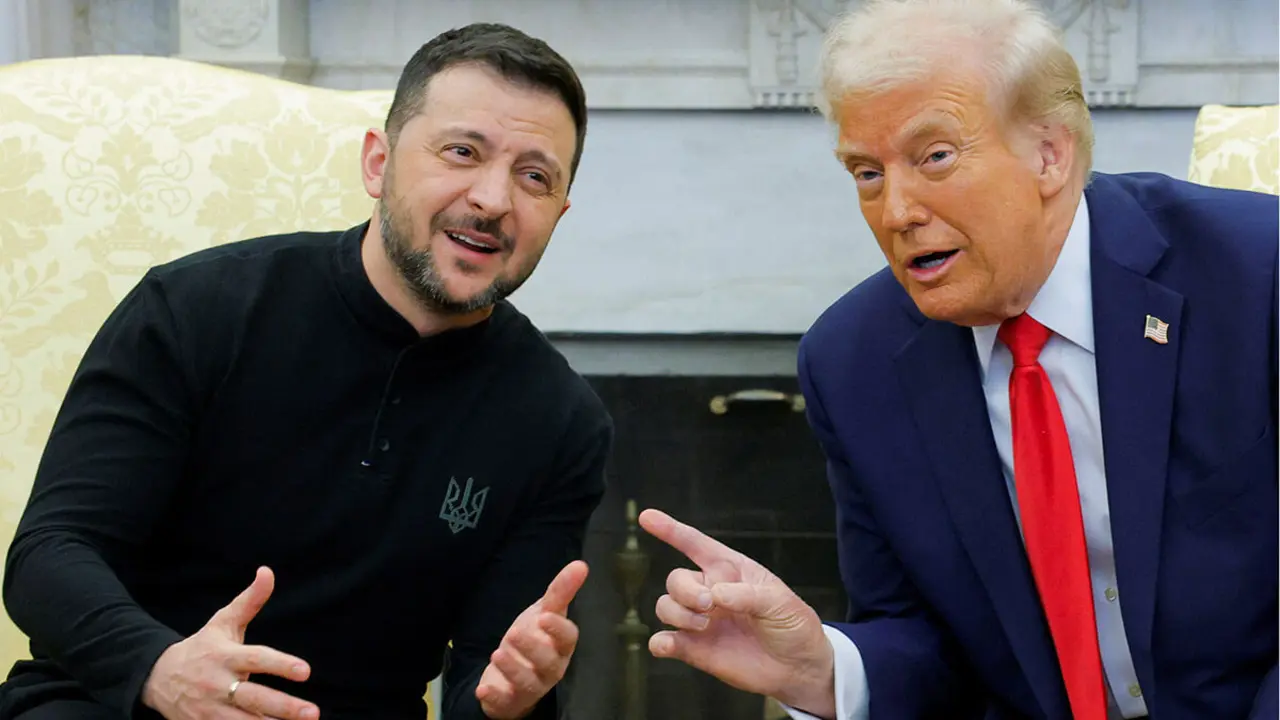Putin visits occupied Ukraine for first time since invasion

Never has the Russian president been so close to the front line. In the early hours of Sunday morning, Vladimir Putin paid a surprise visit to the city of Mariupol, the scene of fierce fighting during the early stages of Russia's invasion of Ukraine. The enclave finally fell to the Russian army in May after two months of heavy fighting that ended with the seizure of the Azovstal steel plant, where dozens of Ukrainian soldiers and civilians had been held as prisoners of war.
The siege turned Mariupol into an enduring symbol of Ukrainian resistance. A symbol that Putin wants to bury at all costs.
The Russian bombardment claimed the lives of more than 20,000 civilians and left 90% of the city buried under rubble. The attack on the Mariupol Drama Theatre, where some 1,200 civilians were sheltering, marked its first anniversary on 16 March. That "blatant war crime", as Amnesty International described it, summed up the method Russian forces used to take the city. By blood and fire. Control of Mariupol was of enormous strategic importance at the time.
Putin's avatar went to see one of the newly built flats in Mariupol, but something went wrong. pic.twitter.com/IfOP2H9lFg
— Dmitri (@wartranslated) March 19, 2023
Having this enclave allowed Russia to occupy more than 80 per cent of Ukraine's Black Sea coast and encapsulate the Donetsk oblast.
Putin arrived in Mariupol early Sunday morning by helicopter on "a working visit", according to the Kremlin's account. It was the Russian president's first time in the Donbas region, which is currently the focus of most of the fighting. He had come from Sevastopol, the capital of the Ukrainian peninsula of Crimea, which was illegally annexed by Russia in 2014.
Putin timed his unannounced trip to Crimea to coincide with the ninth anniversary of the internationally unrecognised referendum he used to lend a veneer of legitimacy to his occupation.
Deputy Prime Minister Marat Jusnulin accompanied him on his tour of Mariupol. The Russian president drove through the city in the front line "without a full escort", state news agency RIA Novosti reports. Kremlin spokesman Dmitry Peskov added that the trip to the port city had been "spontaneous".
⚡️4 minute video of Putin driving around Mariupol.
— War Monitor (@WarMonitors) March 19, 2023
I will accept apologies under this. pic.twitter.com/xe4Uppfmbz
After visiting some neighbourhoods under the watchful eye of a state television camera, Putin travelled to the Russian city of Rostov-on-Don to meet with senior military commanders involved in the so-called "special military operation".
The Russian president's hyperactivity after months of avoiding exposure, even restricting his meetings with government officials and members of the government and approaching the frontline in the Donbas has an explanation. He intends to send a message of authority after receiving a high-profile arrest warrant from the International Criminal Court (ICC) for his alleged involvement in the abduction and deportation of Ukrainian children along with Russian official Maria Lvova-Belova. The court's decision reinforced his isolation and international pariah status.
The Russian president could be arrested in the 123 countries that have ratified the Rome Statute, the constituent instrument of the International Criminal Court. Russia clearly does not recognise the authority of the body. Neither does the United States, for example.








